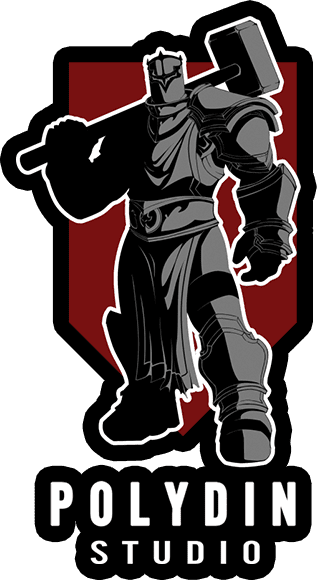Welcome to the blockchain gaming world, where cutting-edge technology and gaming converge to revolutionize the industry. In this comprehensive guide, we will delve into the fascinating realm of blockchain and explore how it is transforming the gaming landscape. From understanding the core concepts of blockchain to uncovering the potential of blockchain games, we will embark on a journey to discover the innovative possibilities that lie ahead.
What Is Blockchain?
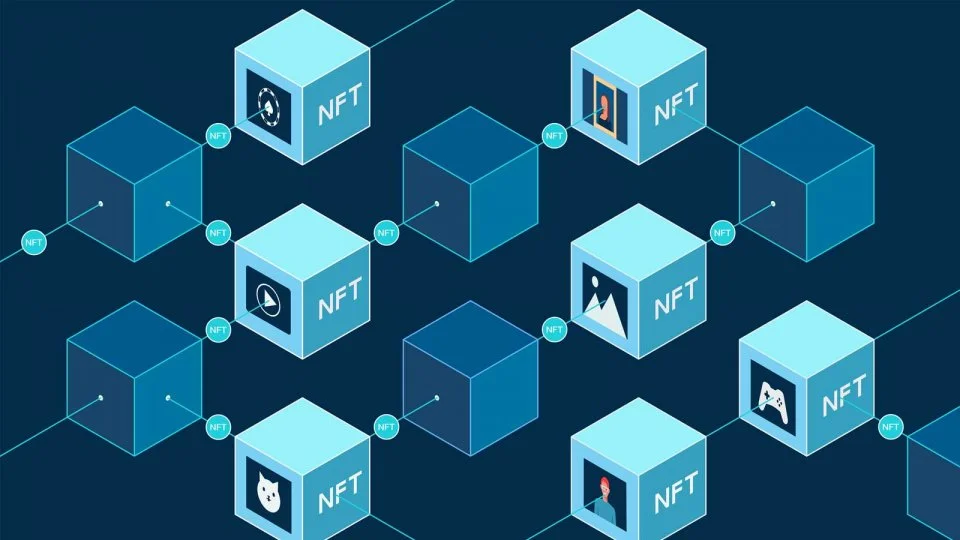

Blockchain is a decentralized and transparent digital ledger that records and verifies transactions across multiple computers. It operates on a distributed network of computers called nodes, where each node maintains a copy of the blockchain. Unlike traditional centralized systems, blockchain eliminates the need for intermediaries or central authorities to validate transactions. Instead, it relies on a consensus mechanism, often through a process called mining, where participants in the network verify and validate transactions.
Blockchain is built upon key principles such as immutability, transparency, security, and decentralization. Each transaction recorded on the blockchain is stored in a block linked to the previous block, forming a block of blocks. This chain is continuously updated and synchronized across all network nodes, ensuring everyone can access the same information. Cryptographic algorithms ensure the integrity and security of the data stored on the blockchain.
What Are Blockchain Games?
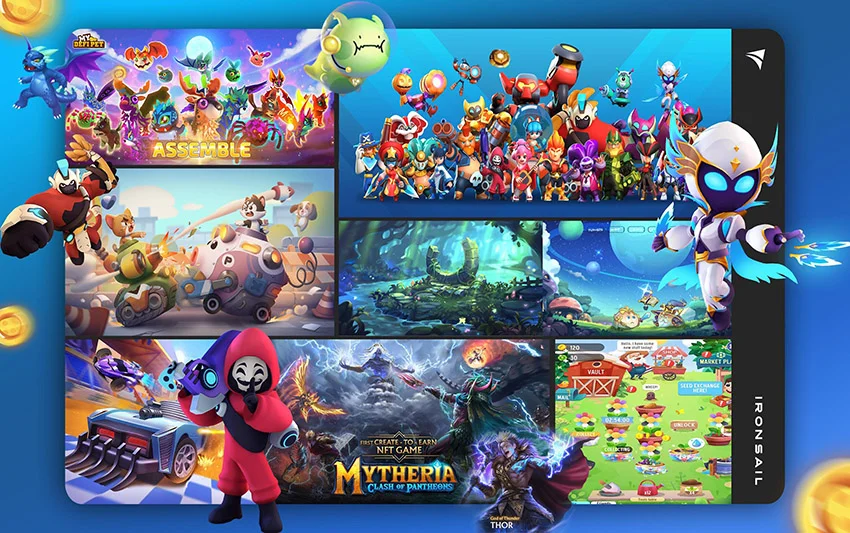

Decentralized or crypto games are a new category of video games that use blockchain technology, called blockchain gaming, to introduce unique features and functionalities. These games are built on blockchain platforms that provide a transparent and secure infrastructure for managing in-game assets, transactions, and interactions.
How Blockchain Gaming Works


One of the key distinguishing features of blockchain games is the concept of true ownership. In traditional games, players do not have actual ownership of their in-game assets, as they are stored and controlled by the game developers. However, in blockchain games, non-fungible tokens (NFTs) allow players to have verifiable ownership of their digital items, characters, or collectibles. These unique NFT arts can be bought, sold, and traded on blockchain marketplaces.
Another notable aspect of blockchain games is the integration of decentralized finance (DeFi) elements. Players can earn cryptocurrencies or in-game tokens by participating in gameplay, completing achievements, or contributing to the game ecosystem. These rewards can be used to purchase additional in-game assets, trade with other players, or convert into real-world value.
Furthermore, blockchain games often incorporate player-driven economies and community governance. The decentralized nature of blockchain allows players to have a say in the evolution and game development stages. They can propose changes, vote on game-related decisions, and contribute to the ecosystem.
How is Blockchain Changing the Gaming Industry?
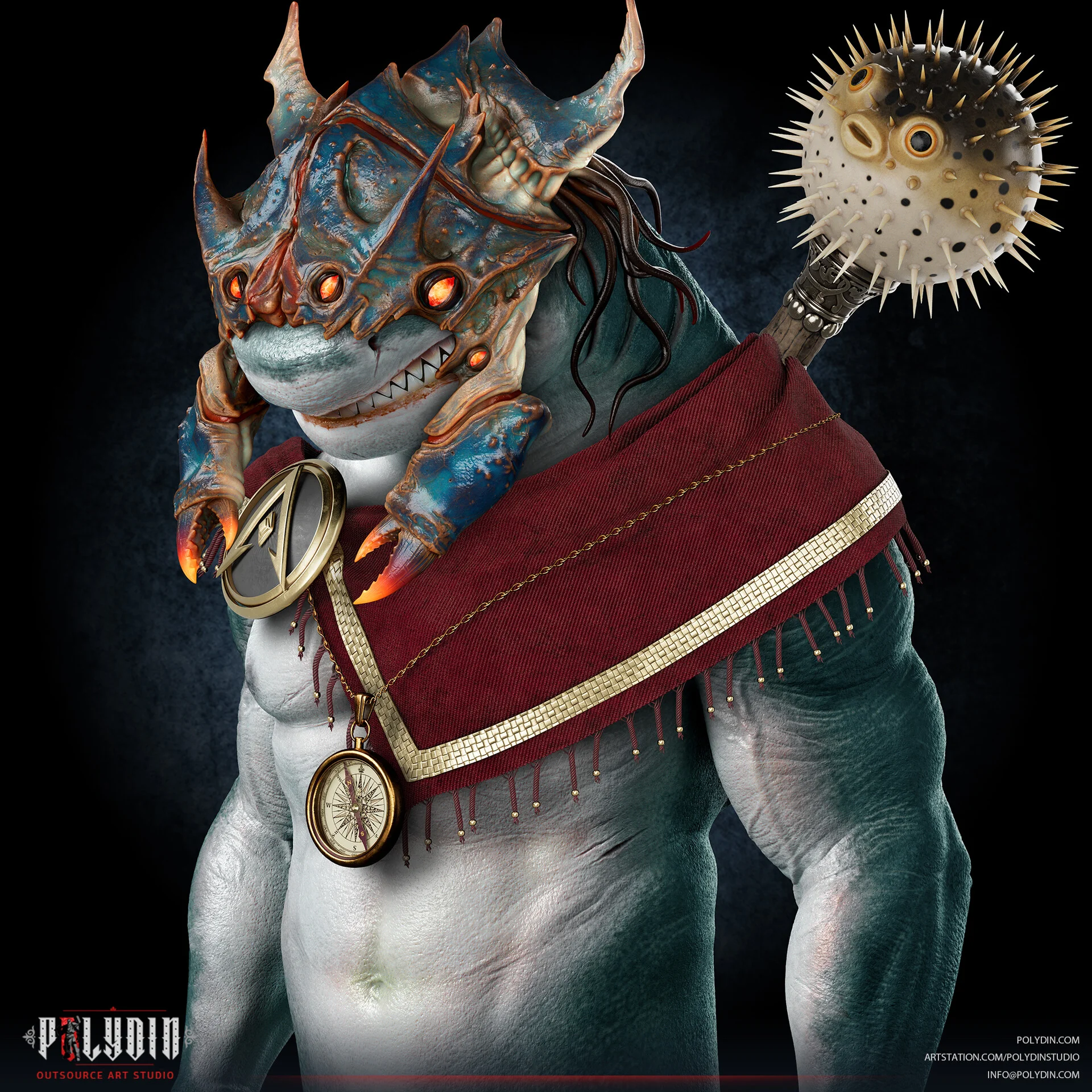

Blockchain technology is revolutionizing the gaming industry by introducing several transformative changes. Here are some ways in which blockchain is changing the landscape of gaming:
- True Ownership: Blockchain technology enables true ownership of in-game assets. Through non-fungible tokens (NFTs), players have verifiable ownership of their digital items, characters, or collectibles. This means that players can buy, sell, and trade these assets with other players directly without the need for intermediaries.
- Transparent and Secure Transactions: Blockchain provides a transparent and secure infrastructure for managing in-game transactions. The decentralized nature of blockchain ensures that transactions are recorded on a public ledger, making them transparent and resistant to tampering. This enhances trust and reduces the gaming ecosystem’s risk of fraud or cheating.
- Play-to-Earn Opportunities: Blockchain games introduce play-to-earn mechanics, allowing players to earn cryptocurrencies or in-game tokens by participating in gameplay or contributing to the game ecosystem. These rewards can be used to purchase additional in-game assets or trade with other players. This opens up new economic opportunities for players, blurring the line between gaming and earning.
- Community-Driven Development: Blockchain-based games often incorporate community-driven development and governance models. Through decentralized platforms, players can have a say in the game’s development, propose changes, and vote on important decisions. This empowers the gaming community and fosters a more inclusive and collaborative environment.
- Interoperability: Blockchain technology enables interoperability between different games and platforms. Players can use their in-game assets across multiple games or even trade them on external marketplaces. This opens up new possibilities for cross-game experiences and enhances the value of in-game assets.
What Benefits Does Blockchain Offer to the Gaming Industry?
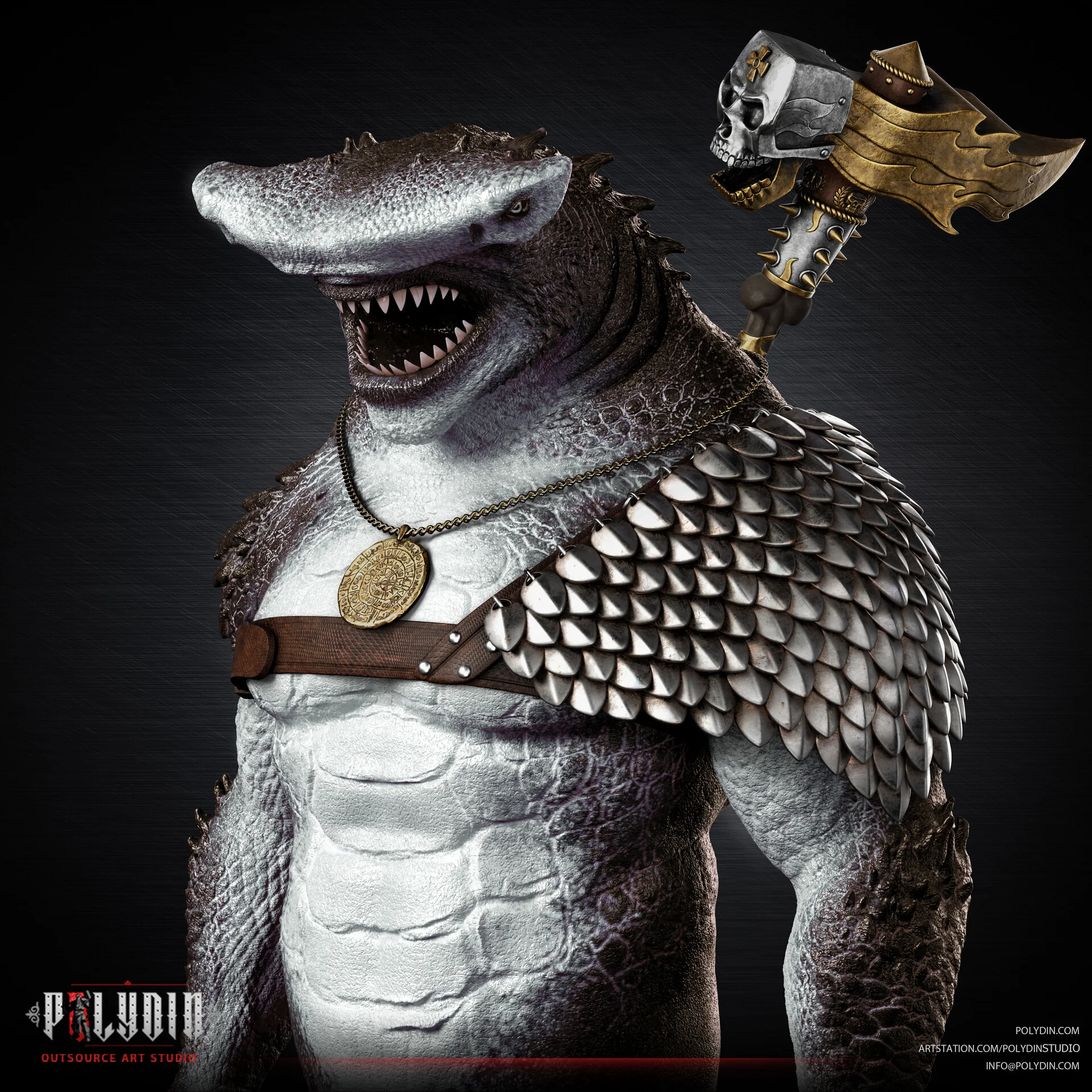

Blockchain technology has revolutionized the gaming industry by introducing several benefits that transform how games are developed, played, and monetized. Here are the key advantages of blockchain in gaming:
- True Ownership: Through non-fungible tokens (NFTs) and smart contracts, blockchain games provide players with verifiable ownership of their in-game assets. This means players have full control over their digital items, characters, or collectibles, enabling direct buying, selling, and trading without relying on intermediaries or centralized platforms. This concept of true ownership empowers players and creates a transparent and secure environment.
- Secure and Transparent Transactions: Blockchain ensures the security and transparency of in-game transactions. Using a decentralized infrastructure, transactions are recorded on a public ledger, making them transparent and resistant to tampering. Additionally, cryptographic algorithms guarantee the integrity and privacy of the transactions, reducing the risk of fraud or cheating. This enhances trust among players and provides a reliable framework for digital asset management.
- Play-to-Earn Opportunities: Blockchain games introduce the concept of play-to-earn, allowing players to earn cryptocurrencies or in-game tokens by actively participating in gameplay or contributing to the game ecosystem. Players can monetize their skills and time invested in the game, blurring the line between gaming and earning. This innovative approach creates new economic opportunities for players and rewards their engagement and dedication.
- Interoperability and Cross-Platform Compatibility: Blockchain technology enables interoperability between games and platforms. Players can use their in-game assets across multiple games or trade them on external marketplaces. This fosters a seamless and connected gaming experience, where players can explore various games while retaining the value of their virtual assets. It encourages collaboration between game developers, opens up new cross-game interactions, and expands the possibilities for player experiences.
- Community Engagement and Governance: Blockchain-based games often embrace community-driven development and governance models. Players actively participate in the game’s development through decentralized platforms, proposing changes and voting on important decisions. This inclusive approach strengthens the relationship between developers and players, fosters a sense of ownership and engagement within the gaming community, and ensures that the game evolves according to the collective preferences of its users.
What are the Drawbacks of Using Blockchain in Gaming?
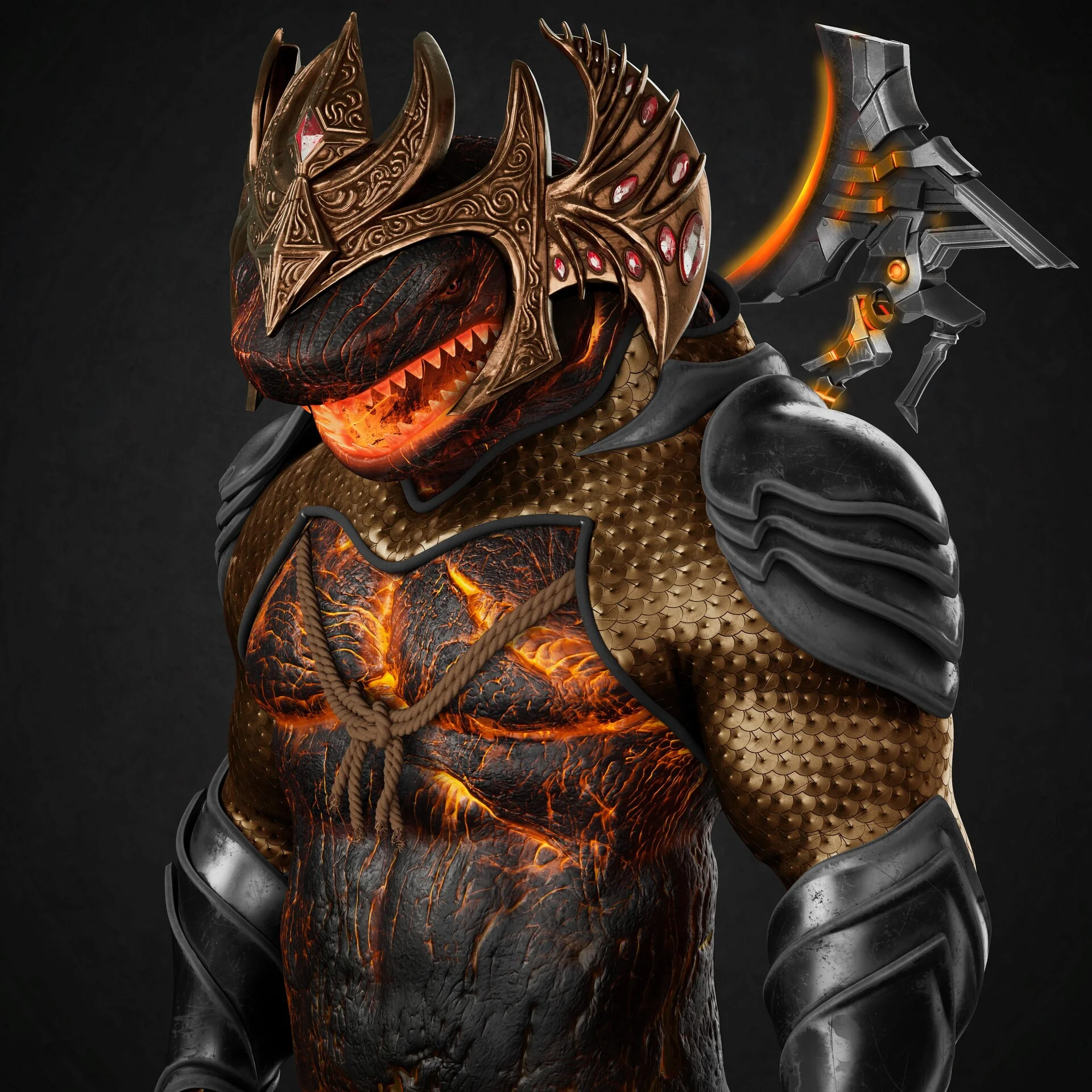

While blockchain technology offers numerous advantages to the gaming industry, there are also some drawbacks that developers and players should consider:
Scalability
One of the main challenges with blockchain in gaming is scalability. Blockchain networks like Ethereum have transaction speed and throughput limitations, which can result in slower gameplay experiences and higher transaction fees. As the number of users and transactions increases, scaling the blockchain to accommodate the growing demands becomes a significant hurdle that needs to be addressed.
Technical Complexity
Implementing blockchain in gaming requires technical expertise and familiarity with blockchain development. Developing smart contracts, integrating blockchain protocols, and ensuring system security can be complex and time-consuming. This can pose challenges for smaller game development teams or those without prior experience with blockchain technology.
User Experience
Blockchain-based games may require players to set up cryptocurrency wallets, manage private keys, and navigate unfamiliar user interfaces. These additional steps can create barriers to mainstream adoption, as not all players are comfortable or familiar with blockchain technology. The user experience in blockchain games must be intuitive, seamless, and user-friendly to attract a broader audience.
Regulatory and Legal Considerations
The regulatory landscape around blockchain and cryptocurrencies still evolves in many jurisdictions. Compliance with existing regulations and navigating potential legal challenges can be a complex tasks for game developers. Additionally, the decentralized nature of blockchain may raise concerns related to intellectual property rights, ownership disputes, and illicit activities.
Environmental Impact
Blockchain technology consumes significant energy, particularly proof-of-work (PoW) consensus mechanisms in some blockchain networks. This has raised concerns about the environmental impact of blockchain gaming, especially as the industry continues to grow. However, efforts are underway to explore more energy-efficient consensus mechanisms like proof-of-stake (PoS) to mitigate these environmental concerns.
Technical Limitations in Blockchain Games
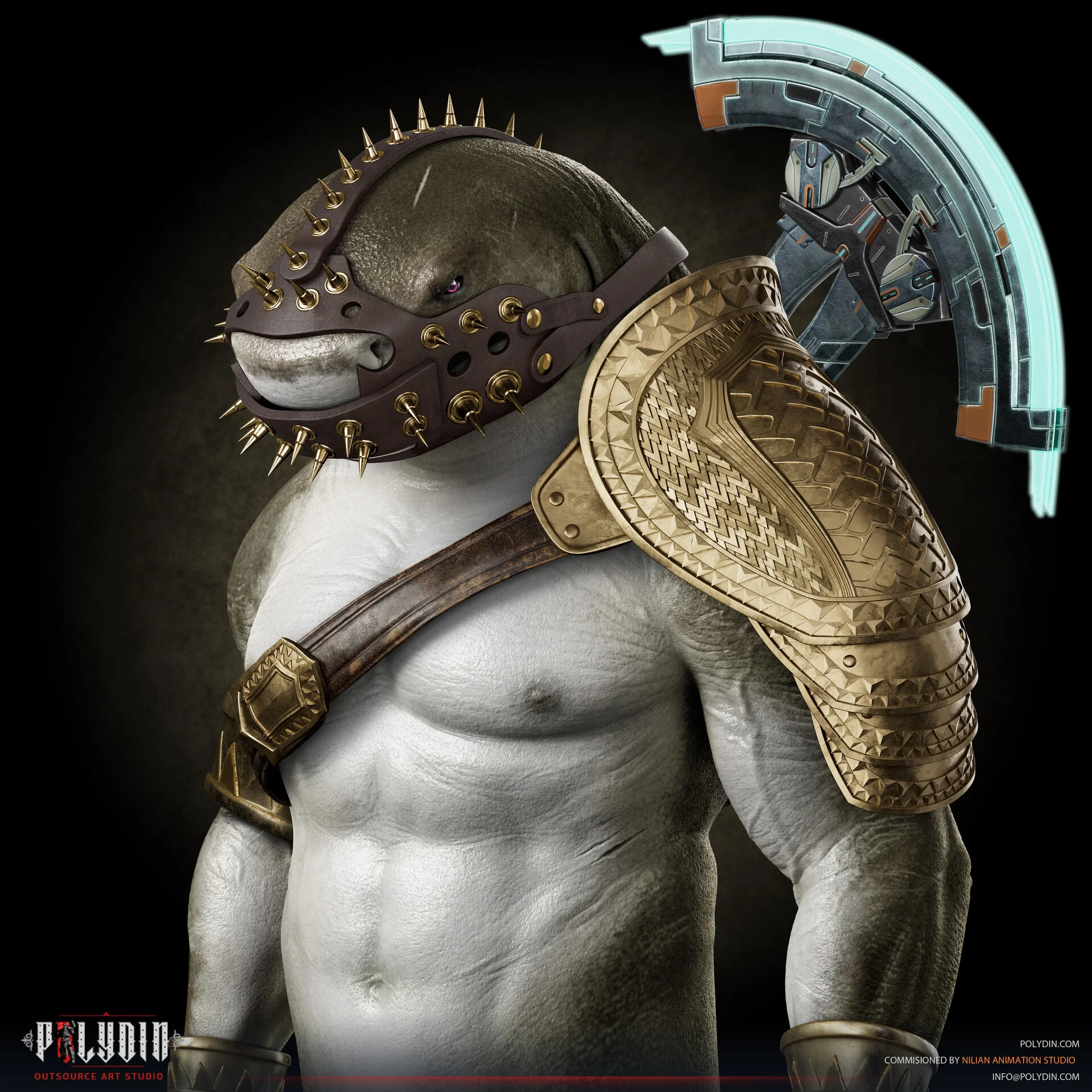

While blockchain technology has the potential to revolutionize the gaming industry, it also presents certain technical limitations that developers and players need to be aware of:
- Transaction Speed and Scalability: Blockchain networks, especially those with decentralized consensus mechanisms like proof-of-work (PoW), often suffer from slower transaction speeds and limited scalability. This can result in delays and congestion in processing game-related transactions, affecting the overall gameplay experience. As more users join the network, scalability challenges become apparent, requiring innovative solutions to maintain smooth and efficient gameplay.
- Storage and Bandwidth Constraints: Storing large amounts of data on a blockchain can be costly and inefficient. Traditional game assets such as high-resolution graphics, audio files, and animations may pose challenges in terms of storage and bandwidth limitations. This can impact the visual and interactive quality of games developed on blockchain platforms, especially compared to centralized game development approaches.
- User Experience and Complexity: Interacting with blockchain-based games may introduce complexities and technical requirements unfamiliar to mainstream players. For example, players may need to set up digital wallets, manage cryptographic keys, and navigate decentralized marketplaces to trade in-game assets. The learning curve associated with these processes can hinder widespread adoption, particularly among casual gamers accustomed to more user-friendly interfaces.
- Cost and Transaction Fees: Blockchain transactions typically incur fees, which can be a concern in blockchain gaming ecosystems where microtransactions or frequent in-game purchases are common. These transaction fees can impact the affordability and accessibility of games, especially for players who engage in smaller transactions or play free-to-play games.
- Interoperability and Standards: Blockchain gaming is still in its early stages, and there is a lack of standardized protocols and interoperability between different platforms and games. This fragmentation can limit the seamless transfer and compatibility of in-game assets and progress across blockchain games. Efforts are being made to establish industry standards and develop interoperable solutions to enhance the user experience and foster a more interconnected gaming ecosystem.
Technical Limitations in Blockchain Games
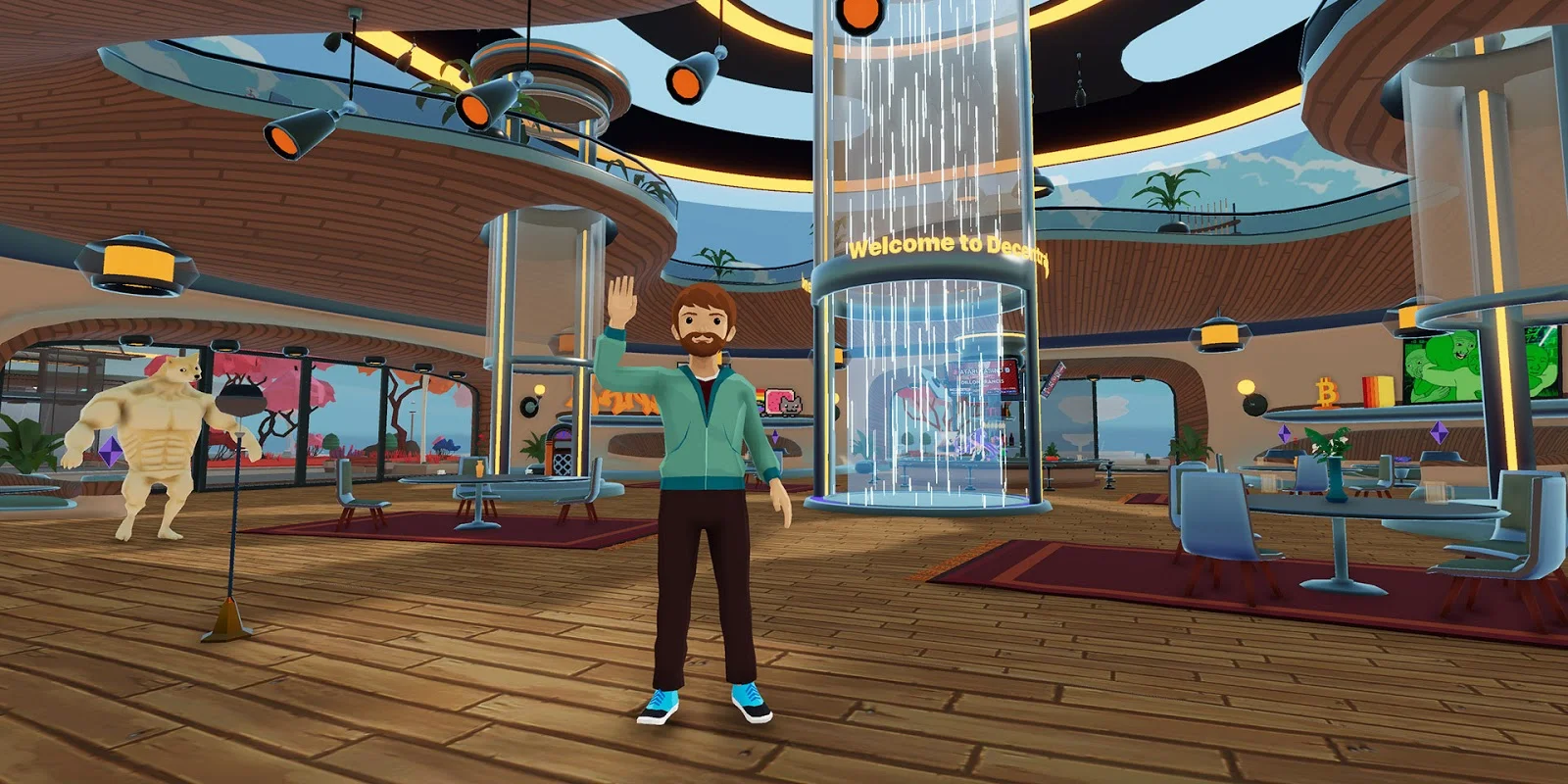

As of 2023, several blockchain games have gained popularity and showcased the potential of blockchain technology in the gaming industry. Here are some of the top blockchain games making waves:
- “Axie Infinity”: Axie Infinity is a blockchain-based game that allows players to collect, breed, and battle cute creatures called Axies. The game utilizes non-fungible tokens (NFTs) to represent unique Axie characters and in-game assets. Players can earn cryptocurrency rewards and trade their Axies and items on decentralized marketplaces.
- “CryptoKitties”: CryptoKitties is one of the earliest and most well-known blockchain gaming. Players can collect, breed, and trade virtual cats as NFTs. Each CryptoKitty is unique and stored on the Ethereum blockchain, allowing players to prove ownership and value.
- “Decentraland”: Decentraland is a virtual reality platform built on the Ethereum blockchain gaming. Users can create, buy, sell, and monetize virtual land and assets. Users can explore the decentralized virtual world, interact with other players, and participate in various activities and events.
- “Gods Unchained”: Gods Unchained is a blockchain-based trading card game where players collect and battle with digital cards representing powerful mythical creatures and spells. The game incorporates blockchain technology to ensure true ownership and scarcity of the cards, allowing players to buy, sell, and trade them freely.
- “The Sandbox”: The Sandbox is a user-generated content platform where players can create, share, and monetize their voxel-based virtual worlds. It utilizes blockchain technology to enable true ownership of in-game assets and provide a decentralized marketplace for players to buy and sell creations.
Conclusion
Blockchain technology has brought significant advancements to the gaming industry, opening up new possibilities and revolutionizing how games are created, played, and monetized. Integrating blockchain in gaming has introduced benefits such as true ownership of in-game assets, decentralized marketplaces, and transparent transactions.
Blockchain gaming offers unique gameplay experiences, allowing players to collect, trade, and interact with virtual assets in a secure and decentralized environment. Using non-fungible tokens (NFTs) ensures the scarcity and provenance of in-game items, enabling players to have true ownership and the ability to monetize their virtual possessions.
However, it is important to acknowledge that there are also challenges and limitations associated with blockchain gaming. Scalability and technical constraints can impact the speed and efficiency of blockchain transactions, leading to potential limitations in gameplay experiences. Additionally, the complexity of blockchain technology in blockchain gaming may create barriers to mainstream adoption and require further education and user-friendly interfaces.
Nonetheless, the top blockchain games in 2023, such as Axie Infinity, CryptoKitties, Decentraland, Gods Unchained, and The Sandbox, demonstrate blockchain’s growing popularity and potential in the gaming industry. These games showcase blockchain technology’s unique features and advantages, creating opportunities for players to engage in decentralized economies and truly own their digital assets.
As technology continues to evolve and overcome its challenges, we can anticipate further innovation and growth in blockchain gaming. The combination of blockchain’s transparency, security, and decentralized nature with the immersive and interactive nature of games can shape the gaming industry’s future, offering exciting possibilities for developers and players alike.


